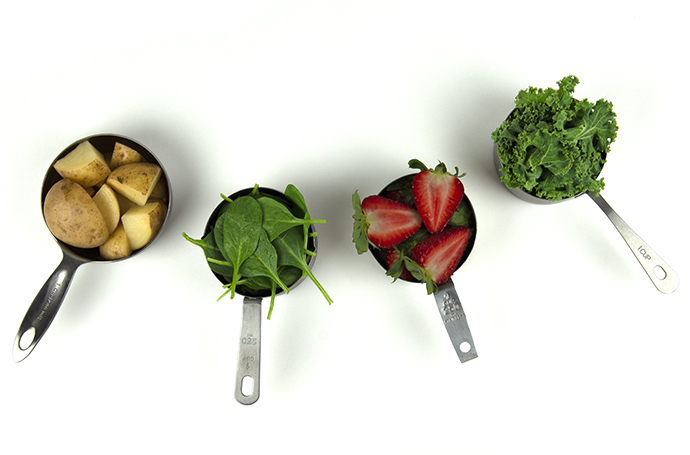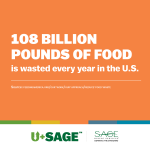Tips for Cooking as a Family
Nutrition
While cooking may sometimes feel like another chore, it can also be a great opportunity! Use the time in the kitchen to bond with your family and reinforce math and science skills with your children. Cooking and eating are social activities and are much more enjoyable when shared with others. While you’re cooking, consider sharing stories about recipes that have been passed down and family members you’re not able to see during this time of isolation. It might even be...
30 Years of Innovations: People
SAGE Community
As we celebrate the 30th birthday of SAGE Dining Services®, we’re taking a look back at how our programs have evolved throughout the years. In this blog series, we’re covering the different kinds of innovations that have made SAGE a company of firsts. We already reviewed our approach to food service management and the culinary experience as well as our unparalleled wellness education and food allergy accommodation. In this entry, we’re focusing on the people of SAGE and the training...
From Our Dietitians: Immune-Supportive Nutrients and Recipes
Nutrition
Boost your immune system by managing stress; getting plenty of sleep; practicing good hygiene; and — you guessed it — eating a well-balanced diet with protein, carbohydrates, fats, and lots of fruits and vegetables. No single nutrient can protect you from illness, but regularly eating a variety of nutrients boosts your immune system. Look for these immune-supportive nutrients and foods that contain them: Vitamin C: citrus fruits (oranges, grapefruit), red and green bell peppers, kiwifruit, broccoli, strawberries, potatoes, and tomatoes...
Nutrition Labeling Updates
Nutrition
In May 2016, the U.S. Food and Drug Administration updated the Nutrition Facts label to reflect more current scientific information about dietary links to chronic disease and give consumers more information to help them make the best choices for their health. You may have noticed this new label on some products already. Large manufacturers were required to use it by January 1, 2020, while smaller companies have an additional year (January 1, 2021) to make the switch. Check out...
Raising Food Allergy Awareness
Nutrition, Allergies
Each May, Food Allergy Research & Education (FARE) uses a week to encourage others to partake in activities, events, and education to help raise food allergy awareness. This year, Food Allergy Awareness Week runs May 10-16. Food allergies are severe and sometimes life-threatening conditions that affect more than 32 million Americans, with 1 in every 13 children having a food allergy, according to FARE. In the United States, the top eight allergens are peanuts, tree nuts, milk, egg, fish, shellfish...
Navigating Nutrition During Stressful Times
Articles
Stress affects people in different ways, and everyone has different ways of coping with stress. It can be helpful to build your repertoire of stress-reducing strategies by including a variety of activities, such as meditation, movement, reading, exploring creative outlets, or even eating. When we’re stressed out, the last thing we need is to be worrying about food. Here are some tips to help navigate nutrition during tough times: Reframe stress eating. Familiar, comforting foods can bring feelings of peace...
Easy At-Home Cooking with Canned and Frozen Foods
Nutrition
While you’re spending more time at home, you might think you should be making meals from scratch, using fresh foods each time. Guess again! Canned, frozen, and even prepared foods that you may already have in your pantry or freezer can be a quick way to feed your family, and they can pack a nutrient-dense punch too! Both canned and frozen fruits and vegetables are often picked at their peak freshness and ripeness. This means they still taste great and...
Goals to Improve Global Health
Nutrition
The EAT-Lancet Commission looks at the link between diet, human health, and environmental sustainability. These professionals from around the world published a 2019 report about final consumption (healthy diets) and production (sustainability). Per the report, more than 820 million people in the world still don’t have enough food, those eating lots of food are increasing their risk of morbidity and mortality, and global food production is a primary reason for climate change and environmental decline. The commission’s goal is that...






